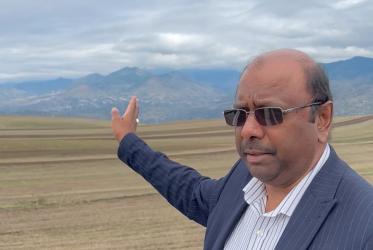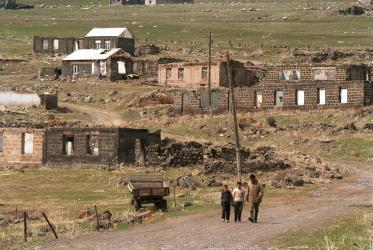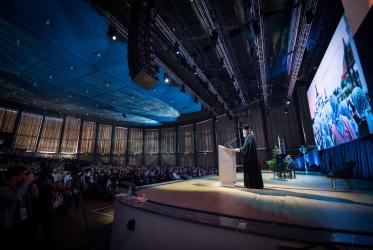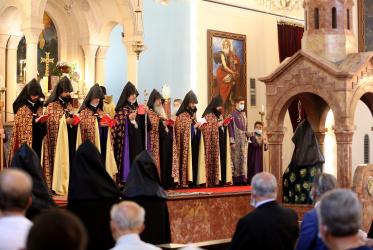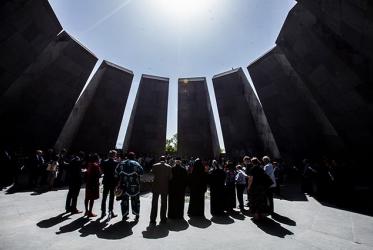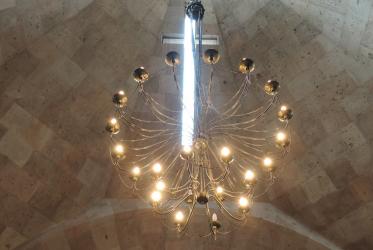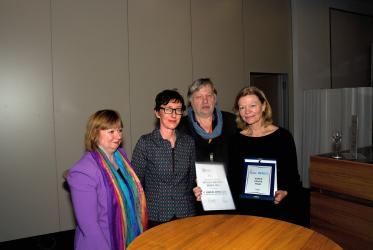Displaying 1 - 20 of 35
WCC prayer commemorates Genocide Remembrance Day
24 April 2023
Romani people seek “lives of decency, dignity, and justice”
27 September 2018
In Syria and Iraq, minorities must come out of the darkness
28 November 2016
Religion: Way of war or path to peace?
30 June 2016
